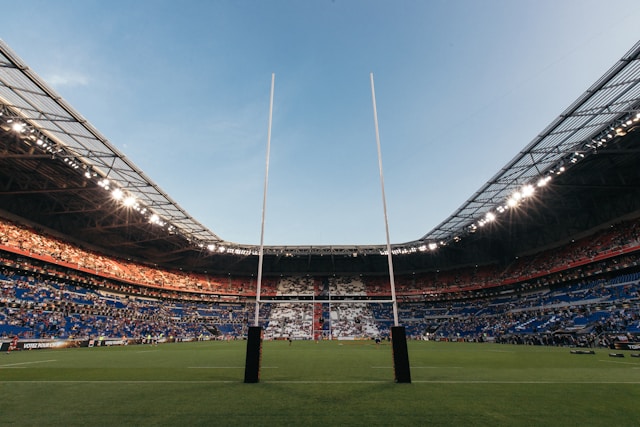Rugby league demands its first knighthood amid claims of snobbery and class bias in honours system.
Rugby league has endured a staggering 130-year wait without a single player or official being awarded a knighthood or damehood, sparking fresh anger and accusations of deep-rooted snobbery within the UK honours system. The sport’s authorities and supporters say their stars have been “poorly treated” and demand recognition that reflects rugby league’s rich history and cultural significance.
The Rugby Football League (RFL), which governs the sport, expressed disappointment that “relevant authorities have still not deemed anyone worthy of a knighthood or damehood for their services to rugby league.” The issue has gained traction in Westminster, with Sir Lindsay Hoyle, the Speaker of the House of Commons and a former RFL president, publicly condemning the absence of top honours. He described it as a glaring oversight, especially compared to rugby union, which has regularly seen its players knighted for more than a century.
“This cannot be right,” Sir Lindsay told BBC News. “Rugby league has a long and proud history, littered with examples of players who have excelled and inspired generations.”
Embed from Getty ImagesThe controversy has escalated into allegations of class prejudice and regional bias, with many pointing to rugby league’s strong working-class roots in northern England as a factor behind the lack of recognition. David Baines, chair of the all-party Parliamentary rugby league group, labelled the situation a “scandal,” attributing it to the sport’s stars often coming from working-class backgrounds and lacking access to elite social circles traditionally favoured by the honours system.
“Enough is enough. It’s 2025, and it’s time for change,” Baines said emphatically.
The absence of knighthoods contrasts sharply with rugby union, often associated with more affluent, middle-class communities, which has regularly produced knights such as Sir Bill Beaumont, honoured in 2018. Other sports — including athletics, football, golf, tennis, horse racing, cycling, and rowing — have also seen many of their icons elevated to knighthood or damehood.
Among rugby league’s unrecognised legends are Billy Boston and Clive Sullivan, who battled both racial and class discrimination in their playing days, as well as modern heroes like Kevin Sinfield. Sinfield’s remarkable fundraising efforts for motor neurone disease charities, raising over £10 million in memory of his late teammate Rob Burrow, earned him a CBE from the Prince of Wales but fell short of a knighthood.
Earlier this year, a petition was launched to award Billy Boston, now 90, a knighthood in recognition of his trailblazing contributions. The RFL spokesperson acknowledged the sport’s “poor treatment” in honours lists despite receiving some mid-tier awards such as CBEs and OBEs.
A BBC analysis highlighted a troubling pattern in the distribution of honours. In the most recent New Year Honours, only 6% of top awards went to people from northern England and just 4% to those from working-class backgrounds, regions and communities that overlap with rugby league’s heartlands.
The government has admitted there are problems with under-representation and is recruiting an independent chair to improve diversity and outreach in the honours process. A government spokesperson stated, “The honours system must reflect the diversity of UK society. Anyone can nominate someone who has made an exceptional contribution to be recognised.”
As rugby league prepares for its flagship Challenge Cup Final at Wembley, voices from the sport and Parliament are united in pushing for overdue recognition. The historic snub serves as a stark reminder of lingering class divisions and regional disparities, and many hope this long-overdue change is finally on the horizon.
